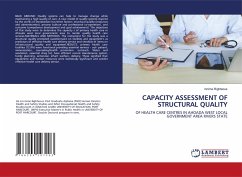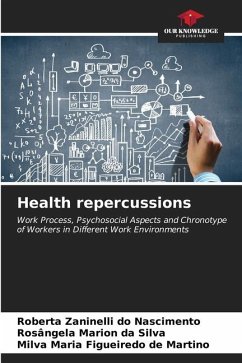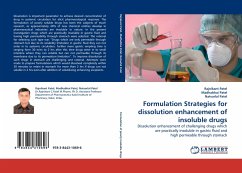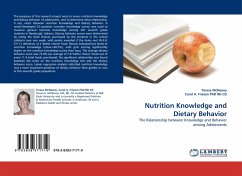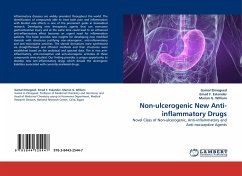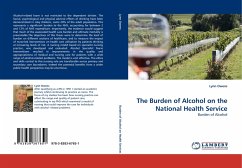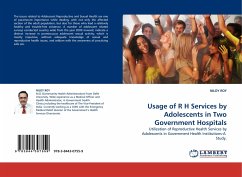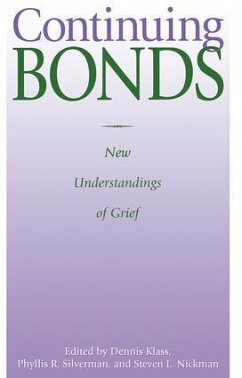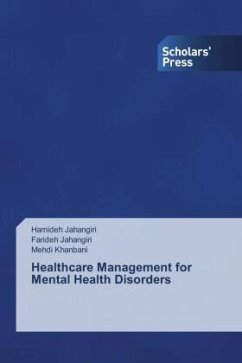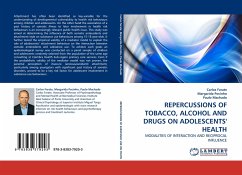
REPERCUSSIONS OF TOBACCO, ALCOHOL AND DRUGS ON ADOLESCENTS' HEALTH
MODALITIES OF INTERACTION AND RECIPROCAL INFLUENCE
Versandkostenfrei!
Versandfertig in 6-10 Tagen
32,99 €
inkl. MwSt.

PAYBACK Punkte
16 °P sammeln!
Attachment has often been identified as key-variable for the understanding of developmental vulnerability to health risk behaviours among children and adolescents. On the other hand the association of a past history of somatic illness to later involvement in health risk behaviours is an increasingly relevant public health issue. This study was aimed at determining the influence of both somatic antecedents and attachment style on substance use behaviours among 15-18 year-olds. It further tested the empirical validity of a mediator model to explain the role of adolescents' attachment behaviour o...
Attachment has often been identified as key-variable for the understanding of developmental vulnerability to health risk behaviours among children and adolescents. On the other hand the association of a past history of somatic illness to later involvement in health risk behaviours is an increasingly relevant public health issue. This study was aimed at determining the influence of both somatic antecedents and attachment style on substance use behaviours among 15-18 year-olds. It further tested the empirical validity of a mediator model to explain the role of adolescents' attachment behaviour on the interaction between somatic antecedents and substance use. To achieve such goals an epidemiological survey was conducted on a panel sample of children and adolescents randomly selected from the population of the same age consulting at Coimbra Health Sub-region primary care services. Even if the probabilistic validity of the mediator model was not proven, the parental perception of insecure (anxious/avoidant) attachment, particularly among youngsters with significant past history of somatic disorders, proved to be a key risk factor for adolescent involvement in substance use behaviours.



